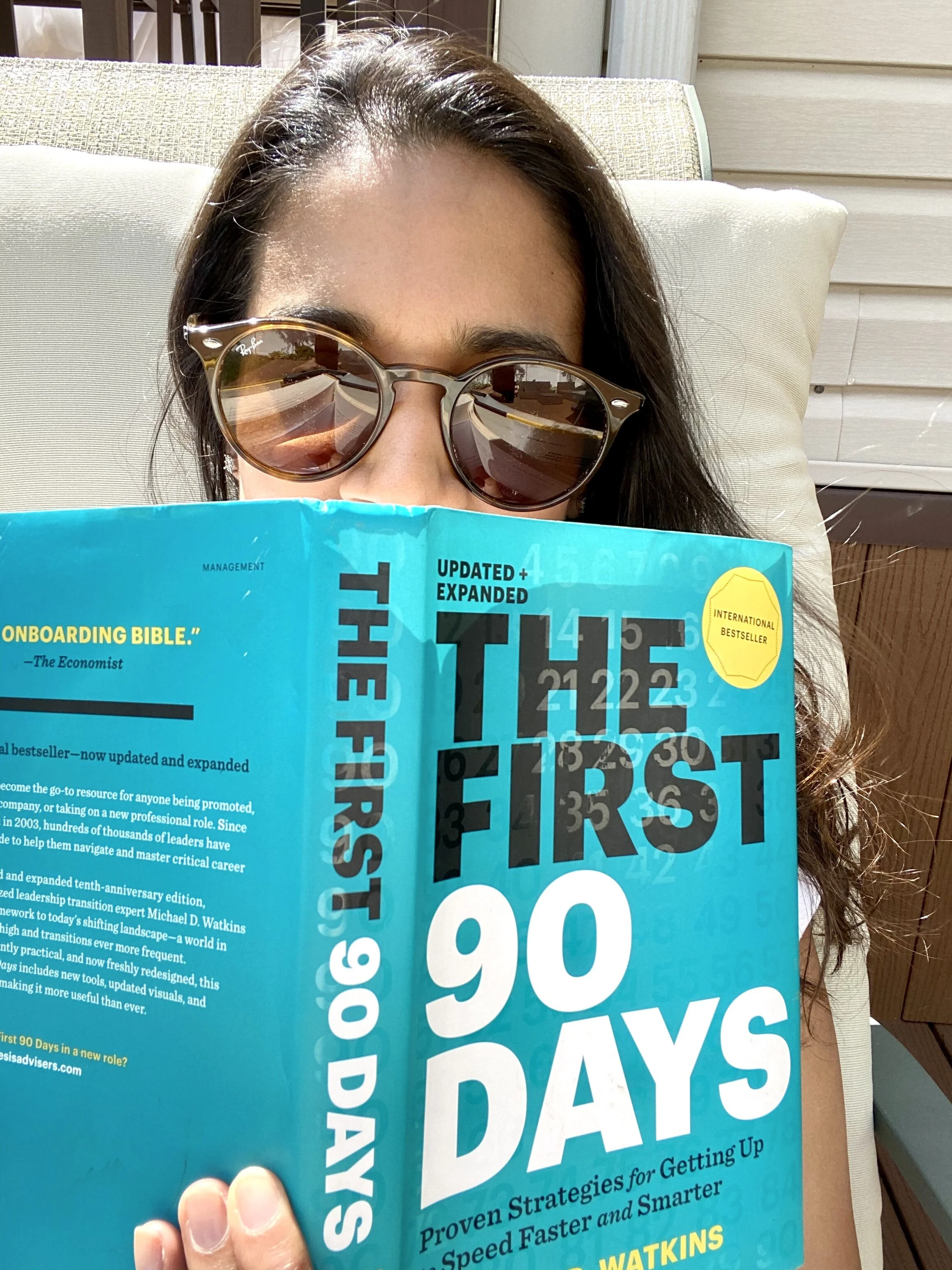Financial Lessons I Learned from my Mom
My mom is the first person I call when I have a question about personal finance. She’s managed the finances for our household ever since I can remember. She’s great at crunching numbers and found the right balance between saving and spending.
My mom taught me these lessons early and gave me room to make mistakes along the way while they were still relatively easy to fix. I remember the first time I overdrafted on my checking account and the first time I racked up a crazy credit card bill. I’ll never forget how painful it was to pay it down when working a minimum wage job in college. The older you get, the harder it is to train yourself with good financial habits but that doesn’t mean it’s too late to start now.
Do not spend beyond your means
Seems obvious but so many young people have a ton of debt either in the form of student loans or credit card debt. You should always know your interest rates as that is the cost to borrow money. The longer debt sits, the more interest it accumulates. Assess which debt you should pay off faster based on the interest and do so aggressively even if this means you can save less cash early on. There may be savings opportunities by refinancing or transferring your debt down the road.
Think about what you really need to get through the early stages of your life.. invest in quality, not quantity and be practical. You can ball out in your thirties if you get it right in your twenties.
Establish good credit
I opened my first credit card in college before I even had a reliable income. I was terrified to get addicted to it and racking up a bill I couldn’t afford. My mom encouraged me to use it for one or two monthly recurring expenses like groceries and subway fares. The key was to limit the amount spent and pay it off in full each month so you start to develop a good payment history with your bank. As you get older, you need to have a few forms of credit and show that you can handle it responsibly. Having a strong credit score gives you negotiation power when it’s time to buy a car, home or obtain approval on other loans.
Pay off bills strategically
Pay your utility and credit card bills just a few days before the payment due date. There’s no benefit to paying them early and you risk having less cash on hand that could generate interest or be used in emergencies. If you don’t like to set up an auto-pay to your checking account, make sure you set up calendar reminders and pay on time to avoid fees.
TIP: Make sure you’re reviewing your statements often because you may catch errors like incorrect refunded amounts or late fees . I’ve been able to catch many errors just by scanning my credit card statements. You can also ask for waivers in some cases for late fees.
Save aggressively
The goal is to live paycheck to paycheck… yep, you read that correctly. The best way to save is to have your money automatically designated to a savings or retirement account before it hits your checking account. Try to aim for a double digit % to your 401(k) account and a fixed amount to your high yield savings account monthly. Take advantage of any of the pre-tax benefits your work offers such as commuter benefits, HSA, and so on. That final balance to your checking account should just get you through your expenses with a bit leftover for fun. There are tons of apps out there that will help you save by rounding your purchases up to the nearest dollar or by identifying deals as you online shop (I use the Honey plugin)... research to see what works best for you!
TIP: When you have an expensive year due to personal needs, emergencies or travel, you can skip a few allocations to your savings account rather than dipping into it. AVOID the temptation to take from your savings… instead just allocate a bit less on those future payments while you pay off your bills. You don’t want to mess with your compound interest!
Follow through on your returns/exchanges
We are all guilty of getting a little lazy with returning those impulsive purchases or the clothes we bought to try on at home that never made it back into the store. These purchases can rack up quite a tab… and it’s not even the stuff you want to keep!! Stay on top of returning items back to the store and make sure you know what the return policy is before you buy it. If you can’t get a full refund, store credit is a great option so you can buy something you actually want.
TIP: Set up a calendar reminder a few days before the window to return closes so you have time to take care of the return. I always opt for a copy of my receipt via email and print that way I’m still good to return even if I lose the receipt.
While a lot of these seem obvious, we can fall out of good habits quickly especially now that our spending has slowed down so I hope this serves as a helpful reminder. Feel free to share with a younger sibling or college student who’s just about to get started.




